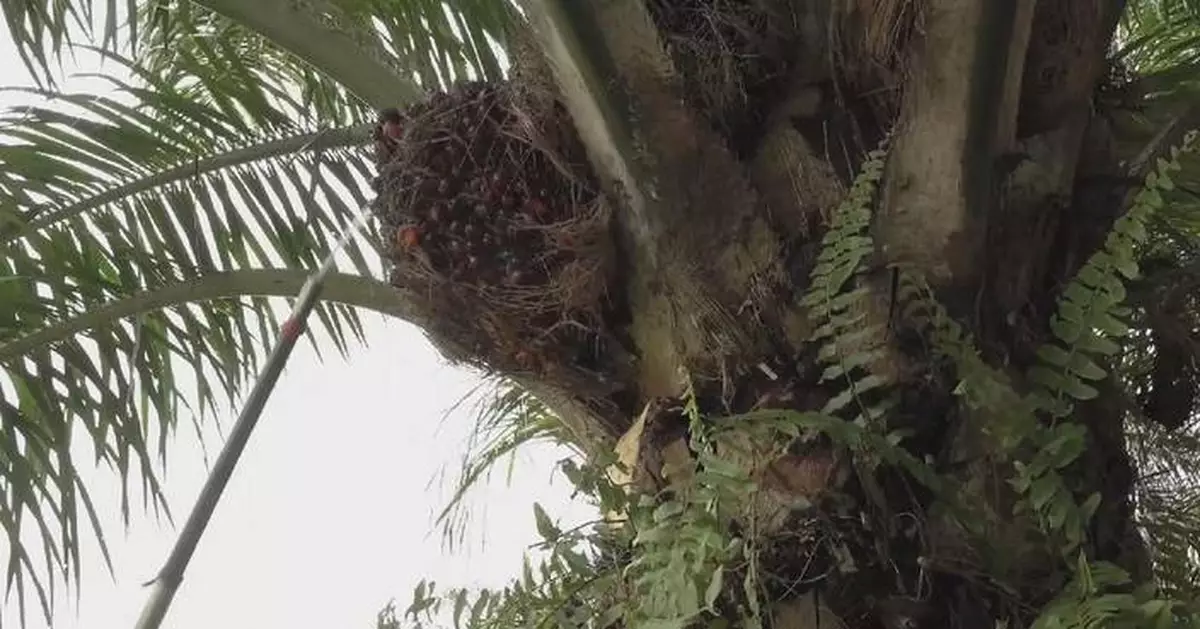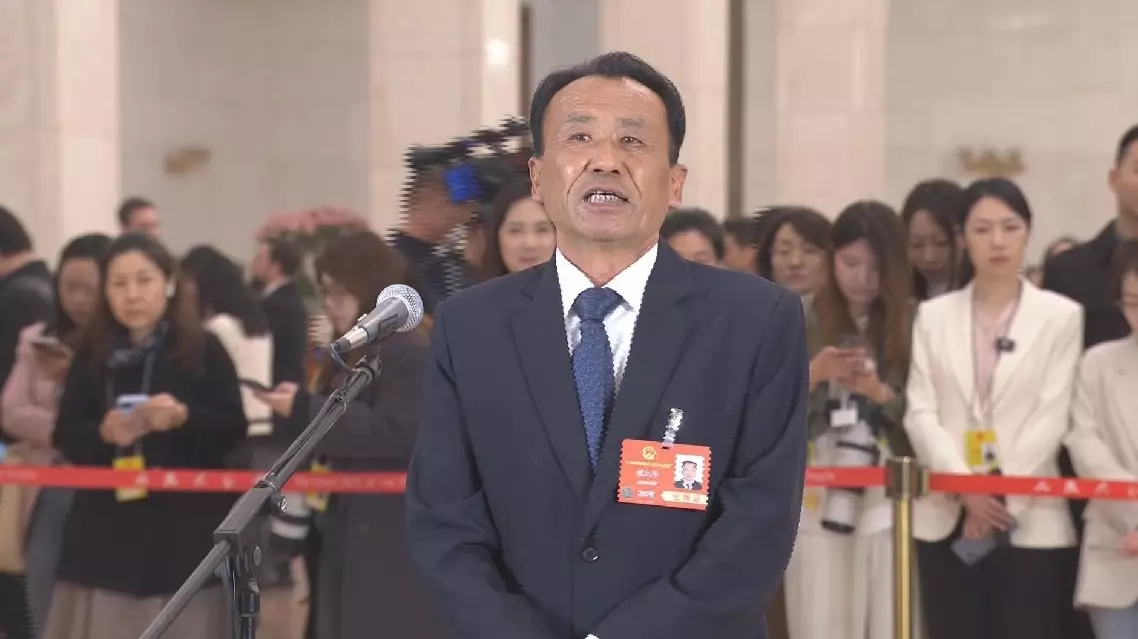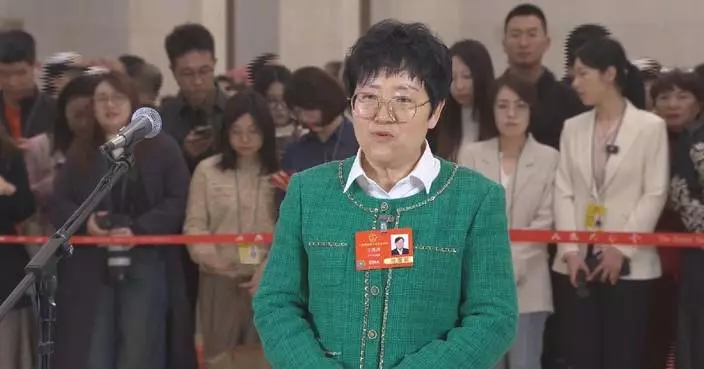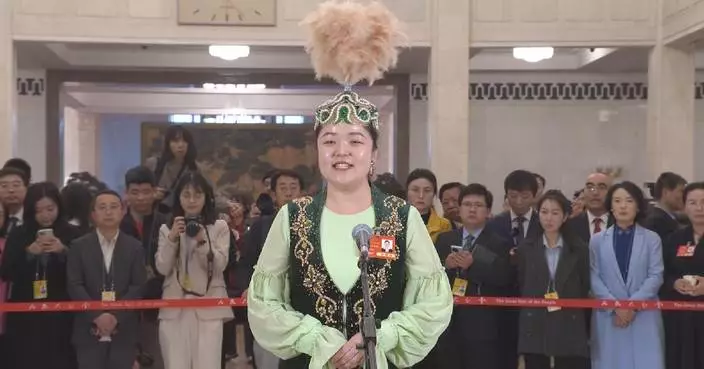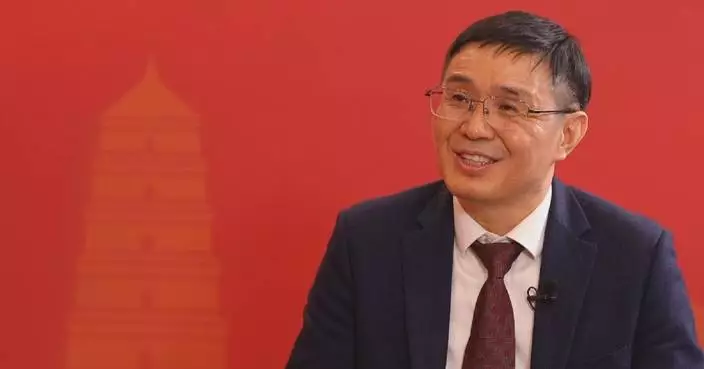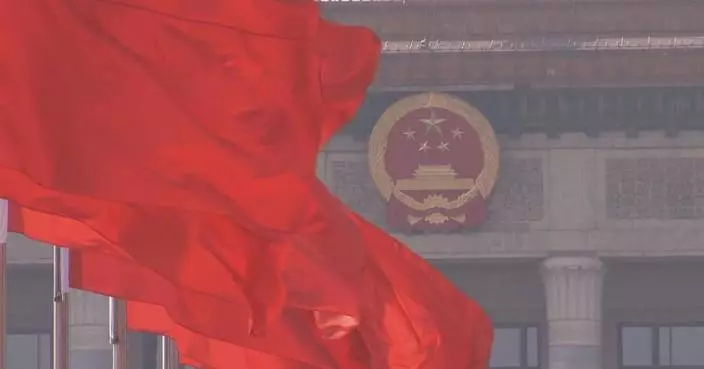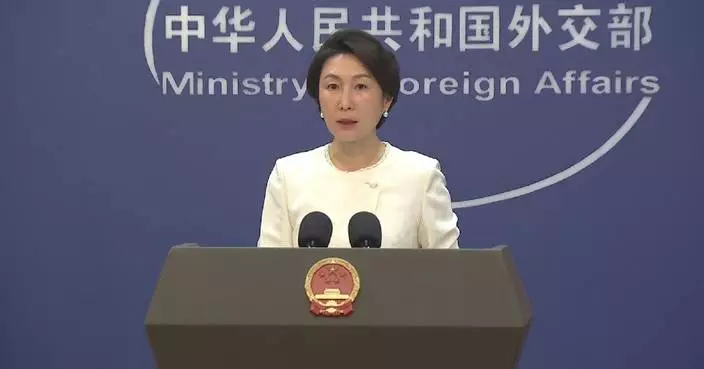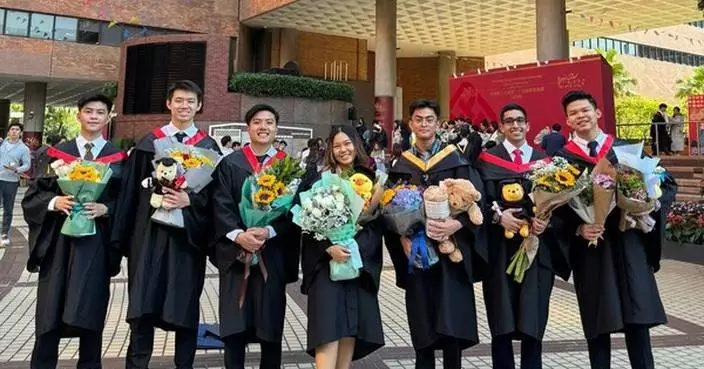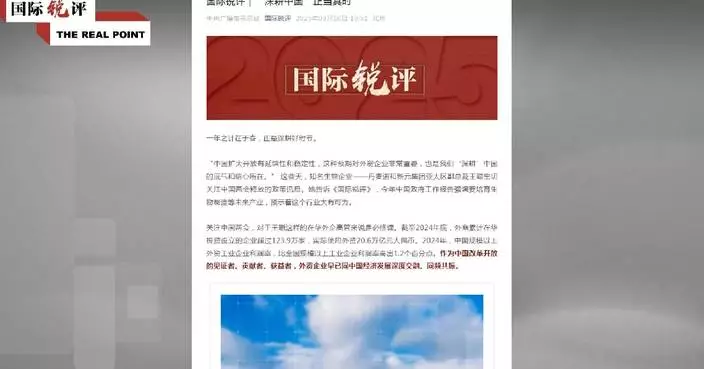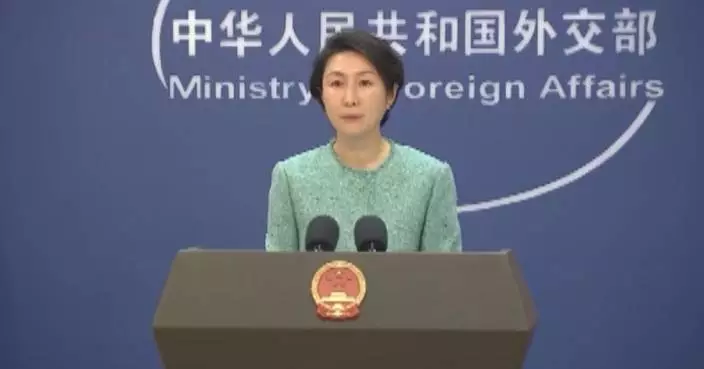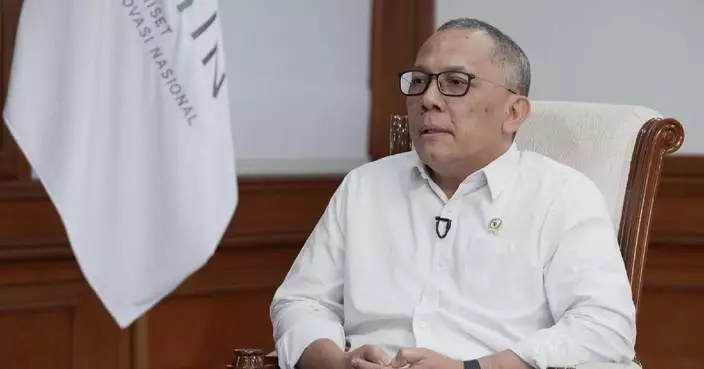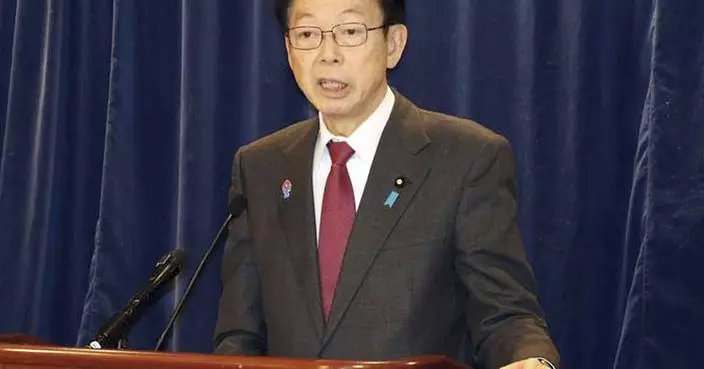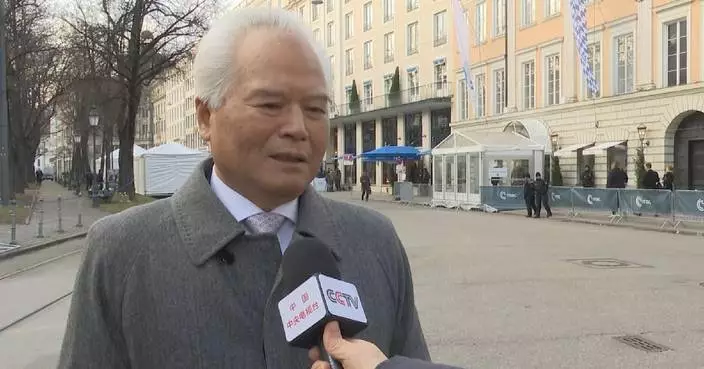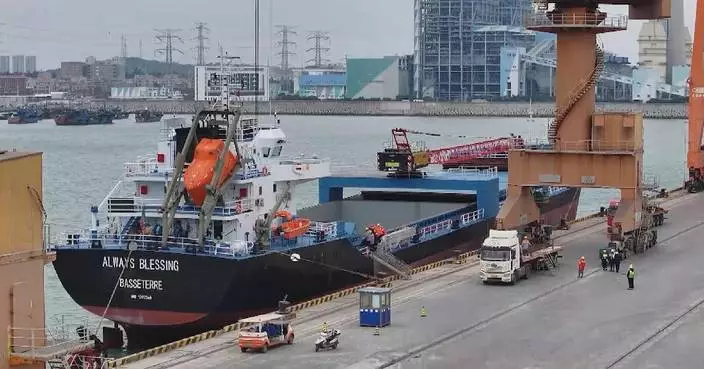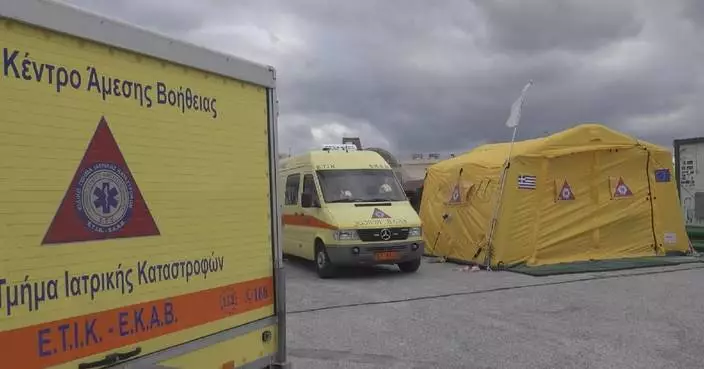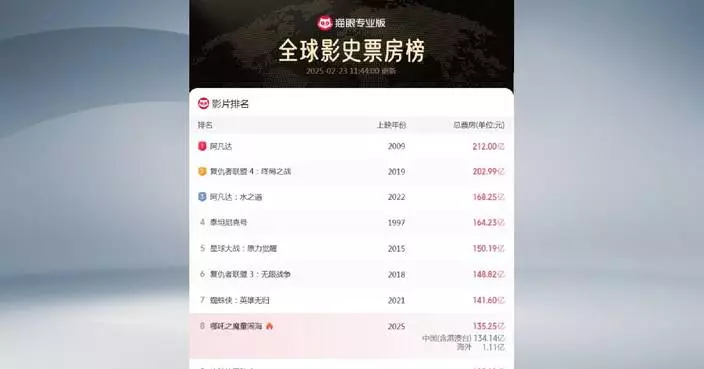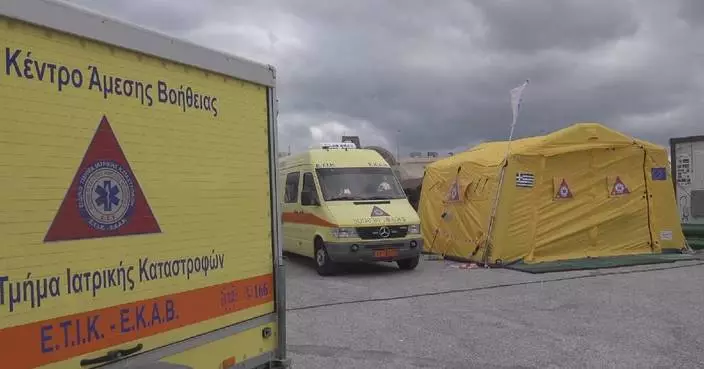In a bid to promote Malaysian palm oil to Chinese businesses and consumers, an official from the Southeast Asian country's plantation authority led a delegation to China from July 8 to 12.
During the trip, Chan Foong Hin, Deputy Minister of the Malaysian Ministry of Plantation and Commodities, visited the cities of Shanghai, Nanjing and Beijing, where he witnessed the signing of several Memorandums of Understanding (MoUs).
The delegation also explored new business opportunities in the palm oil sector and the broader agricultural produce industry.
Chan emphasized his hope to expand Malaysian companies' cooperation with China and to help Chinese consumers better appreciate the diverse uses of palm oil.
"The Malaysian Palm Oil Board's Shanghai branch is designed to specifically address the needs of the large Chinese market by offering customized products," said the deputy minister, referring to a Malaysian government agency dedicated to serving the country's palm oil industry.
He added that that the commodity has excellent potential for use in popular Chinese foods.
"For instance, red palm oil can be used in hot pot soup and as animal feed for hairy crabs, improving the flavor of the crab meat," Chan said.
As the world's second-largest palm oil producer and China's second-largest source for the commodity, Malaysia accounts for about 30 percent of global output, with the sector contributing 2.4 percent to the nation's GDP.
Malaysia has seen its market share grow as China's large consumer base exhibits increasing demand for products like synthetic detergents and cosmetics that use palm oil and its derivatives.
A growing number of Chinese companies and institutions have been partnering with their Malaysian counterparts to better integrate the palm oil supply chain and expand its applications.
"Our cooperation with Tsinghua University -- where we have tested our emissions [of] biodiesel produced from palm oil and tested it on heavy vehicles here in China -- based on this collaboration, the heavy vehicles that use biodiesel from Malaysia have shown a reduction in carbon emission. We definitely hope that we can use more palm oil or combination biodiesel as well as power generation where we can reduce the emission. And this is very important," said Datuk Parveez, director general of the Malaysian Palm Oil Board.
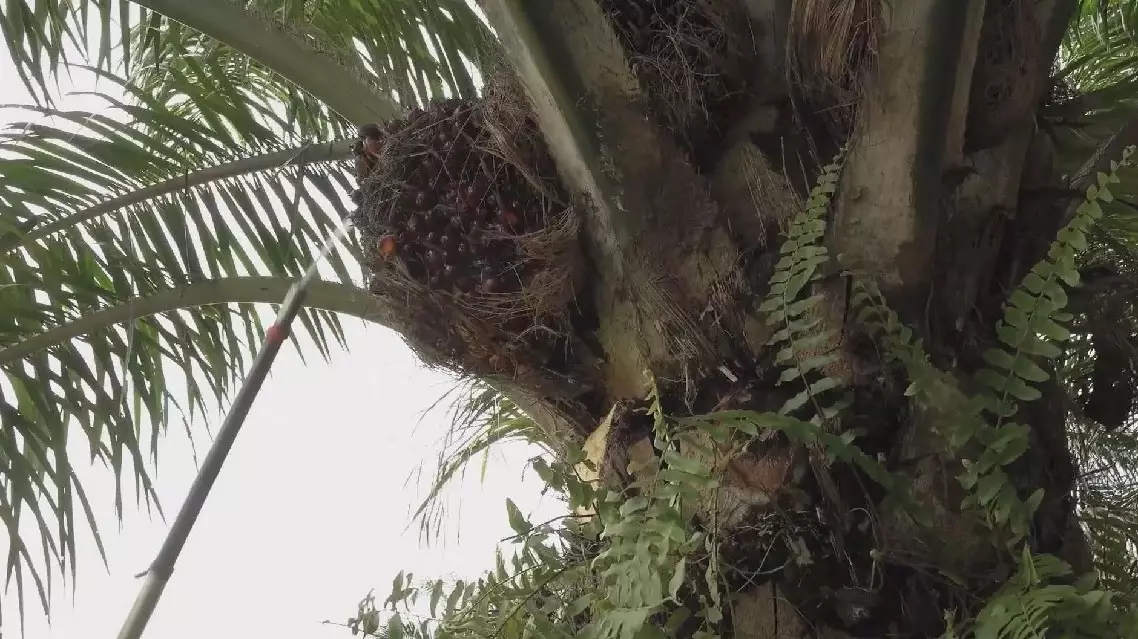
Malaysian delegation visits China to boost cooperation on palm oil exports


